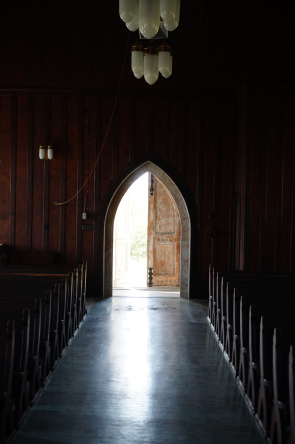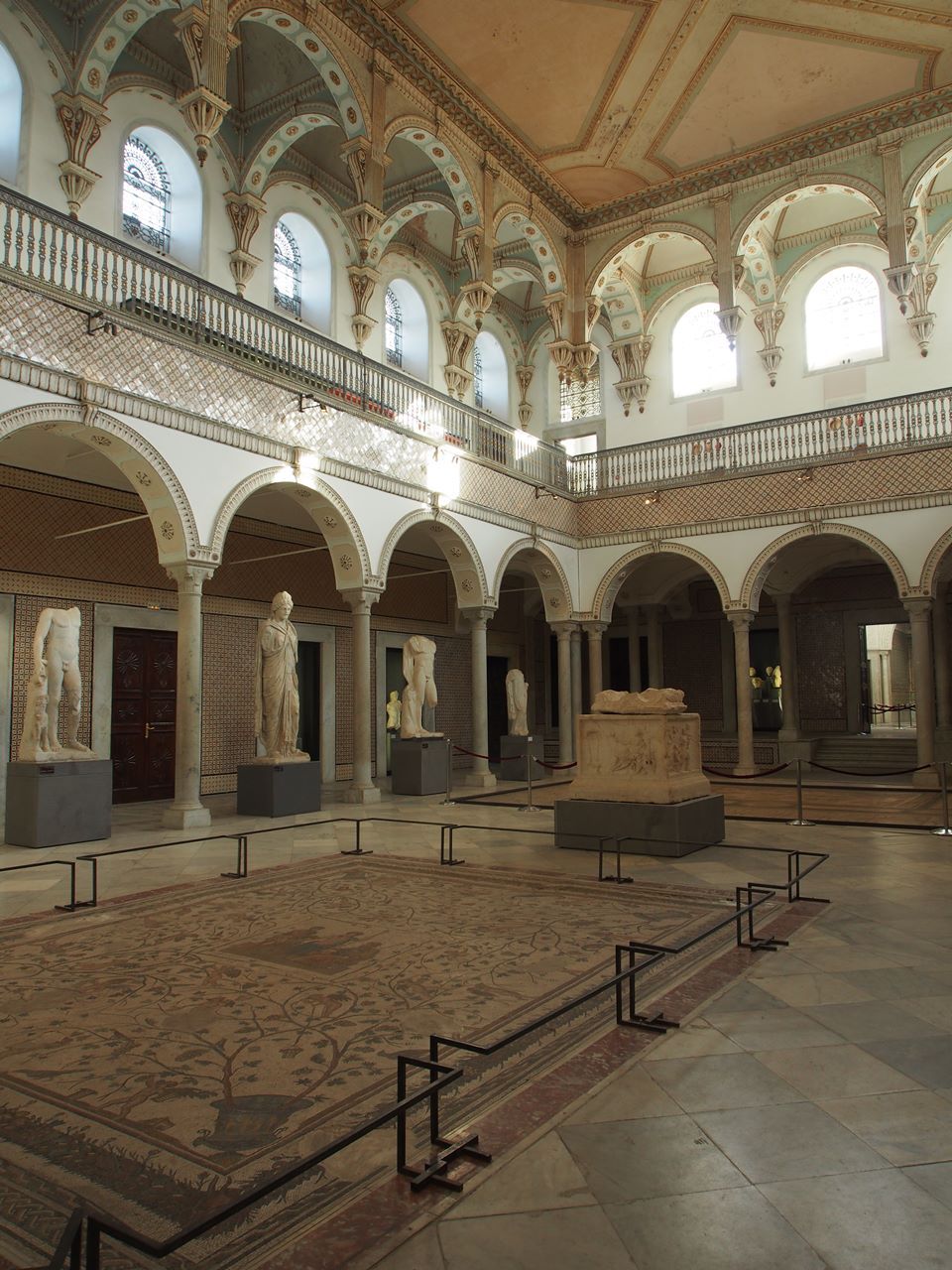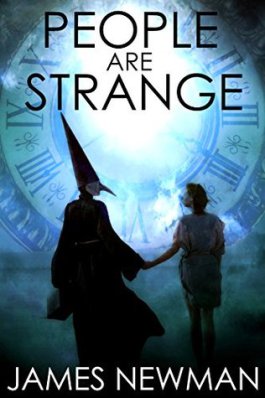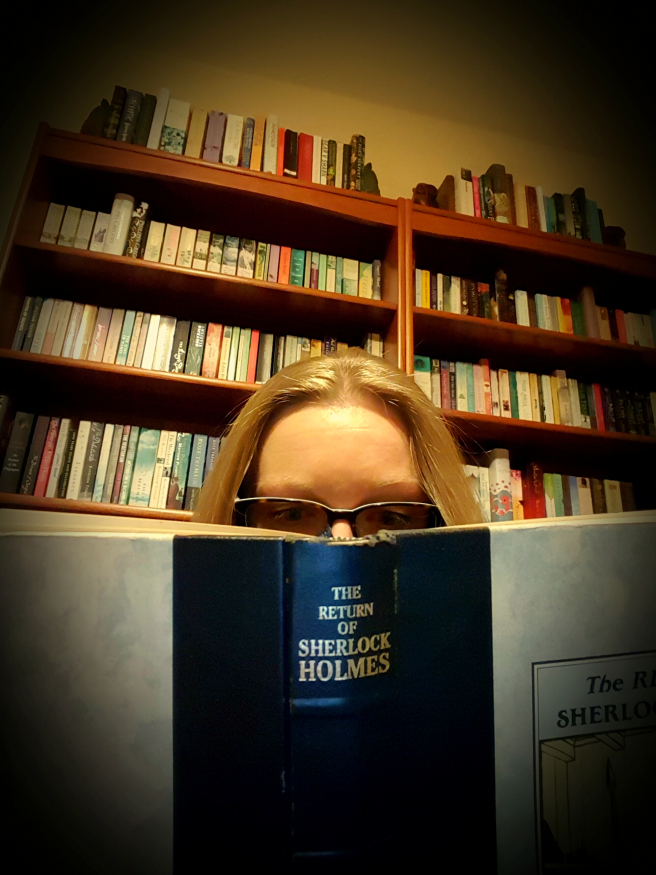 Where do we find hope?
Where do we find hope?
What does it mean to be hope-filled people of faith?
What does this ancient story have to say to our current reality?
Today we heard the first part of the second chapter of Luke, in the coming weeks we will hear the rest of the story. This week we find Zechariah and Elizabeth, without child, despite them living a Godly life. In those days, to be without children was to have no standing in society. When the angel Gabriel tells Zechariah that Elizabeth would bear a son in her old age, he didn’t believe the angel. And because of his disbelief, he was struck silent until that day came.
Zachariah had no hope… Despite being familiar with Abraham and Sarah’s story of a son in their old age, he didn’t believe. His hope was silenced.
It’s the first week of advent…The week where churches often focus on hope.
First, let me say that hope is not just wishful thinking. Hope, in the faith sense, is working towards an unseen future… with a sense that God is with us… and that new life is possible… that abundant life is possible!
It’s easy to complain and feel despair. I have overheard a couple of conversations in the last couple of weeks… conversations that include the words, “Nothing is ever going to change around here.” I confess that when I hear those kinds of comments, I feel despair… as if all the work we have been doing over the past 11 months has been in vain. Because that can become a self-fulfilling prophecy… if we believe we can’t change… if we believe that nothing we do to create a healthier, more vibrant church, then that is true… we can’t.
Did you know that complaining actually rewires your brain for negativity? Your brain loves efficiency and doesn’t like to work any harder than it has to. When you repeat a behavior, such as complaining, your neurons branch out to each other to ease the flow of information. This makes it much easier to repeat that behavior in the future –so easy, in fact, that you might not even realize you’re doing it. You can’t blame your brain. Who’d want to build a temporary bridge every time you need to cross a river? It makes a lot more sense to construct a permanent bridge. So, your neurons grow closer together, and the connections between them become more permanent. Scientists like to describe this process as, “Neurons that fire together, wire together.”
Since human beings are inherently social, our brains naturally and unconsciously mimic the moods of those around us, particularly people we spend a great deal of time with. This process is called neuronal mirroring, and it’s the basis for our ability to feel empathy.
There are two things you can do when you feel the need to complain. One is to cultivate an attitude of gratitude. That is, when you feel like complaining, shift your attention to something that you’re grateful for. Taking time to contemplate what you’re grateful for isn’t merely the right thing to do; it reduces the stress hormone cortisol by 23%.
You can find the full text of that Globe and Mail article here.
So the reverse is also true… if we look around us and see how many ways God is active in our lives and in the life of this community… and cultivate an ‘attitude of gratitude, then we can become a healthier, more vibrant manifestation of God’s presence in this community.
We can rewire our brains!
And when someone starts talking hopelessness and despair about the of the church, or longs for the days of their youth, when it was a different kind of church, you can refuse to listen… you can speak of the reality of the many blessings in this place.
You see them in Riverview in the photos… in the study groups… in the music… in the children and teachers…in the UCW… in community suppers… At Nine Mile River, you see them in the faithful who gather each Sunday and their commitment to being a presence in the community and the community support for suppers and events. Turn your attention to them.
Sure, we have challenges, but as someone who has served churches with far greater challenges, I challenge you to allow your God light to shine. God never promises us a life without challenges… God simply promises to always be present
I challenge you to not be struck dumb as Zechariah was.
I challenge you to speak up and challenge the naysayers within our community.
I challenge you to be open and remember that God is present in ALL our circumstances.
I am going to close with quotes from three people:
Michael Meade, writes: “Solstice means “sun stands still.” At mid-winter it means the sun stopping amidst a darkening world. We stop as the sun stops, the way one’s heart can stop in a crucial moment of fear or beauty; then begins again, but in an altered way… There may be no better time than the dark times we find ourselves in to rekindle the instinct for uniting together and expressing love, care and community.”
Rebecca Solnit, writes: “Hope locates itself in the premises that we don’t know what will happen and that in the spaciousness of uncertainty is room to act. When you recognize uncertainty, you recognize that you may be able to influence the outcomes—you alone or you in concert with a few dozen or several million others.”
Diana Butler Bass, who I have quoted before as the Tuesday afternoon study group worked through her book entitled Grounded, wrote this: “Spirituality is not just about sitting in a room encountering a mystical God in meditation or seeing God in a sunset. Awe is the gateway to compassion. It is a deep awareness that we are creators, creators who work with the Creator, in an ongoing project of creating a world. If we do not like the world or are afraid of it, we have had a hand in that. And if we make a mess, we can clean it up and do better. We are what we make.
My friends, we are what we make. So let’s make the world a better place. Let’s be people who embody generosity, love, compassion, healing, inclusion and justice.
Thanks be to God for that challenge and opportunity, amen.
Luke 2: 5-25
Rev. Catherine MacDonald 2016
Advertisements Share this:




